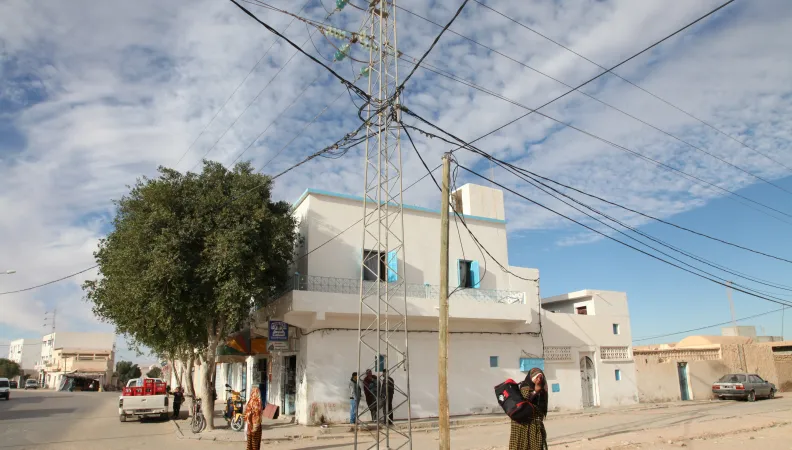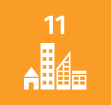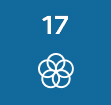Share the page
Agrivoltaic solutions to generate electricity and reduce water stress
Project


-
Project start date
-
Status
In progress
-
Estimated date of project termination
-
-
Project financing date
-
-
Financing duration
-
5 ans
-
Type of program
-
FFEM
-
Global financing amount
-
33 203 000 €
-
FFEM financing amount
-
1 000 000 €
-
Project lead member institution(s)
-
AFD
-
Country and region
-
Morocco
-
Location
-
Maroc
-
Type of financing
-
Grant
-
Beneficiaries
-
Sun'R et Société des Investissements Énergétiques (SIE)
-
Type of beneficiary
-
private sector




Since 1960, Morocco has suffered a pronounced rise in average temperatures and a worrying fall in precipitation. To generate electricity while also reducing water stress, the FFEM is supporting an agrivoltaic project to adapt technology to the Moroccan context with a view to large-scale roll-out.
Context
The worrying rise in temperatures in Morocco heralds fewer water resources which could translate into degradation of agricultural yields. In addition, the development of solar energy could potentially start competing with the agricultural sector for land access.
The FFEM is supporting the implementation of agrivoltaic solutions to curb this competition, reduce water stress and produce sustainable electricity. The principle: steerable solar panels are installed above the fields to produce electricity while giving crops priority access to sunlight. This innovation allows simultaneous action on access to sustainable energy and food security while mitigating water stress and climate warming.
Description
The project has three components:
- Identifying how the system needs to be adapted to Moroccan conditions (particularly avocado trees), drawing upon experience-sharing from projects in France (agronomic component).
- Optimising system energy performance (photovoltaic component).
- Studying all the parameters required to see how the model can be replicated at large scale (socio-economic component).
Outcomes
- Development of renewable energies in Morocco
- Reduction in CO2 emissions
- Reduction in water consumption and recourse to chemical fertilisers
- Improved agricultural yields and product quality
- Better management of the impacts of climate change on the crops
- Job creation and improvement of local agricultural added value
- Reduction in the cost of electricity generated by the agrivoltaic system
- Structuring of a local industry around agrivoltaics
- Development of skills and expertise among Moroccan stakeholders
- Training of farmers in the new practices and local dissemination of the agrivoltaic concept
Innovative & exemplary character
The agrivoltaic systems supported by this project are an innovative solution well-adapted to open field crops, by contrast with other microclimate control tools which require greenhouses.
By putting together a farmer looking for tools to optimise their production, and a photovoltaic producer looking for land, this project helps resolve several problems simultaneously. The partnership logic this promotes is a methodological innovation.
Implementing control areas to accurately measure the contribution of these agrivoltaic solutions will assist the reproducibility of this technology in other contexts and at larger scale.
Sustainable Development Goals
ODD9 Industry, innovation and infrastructure

ODD11 Sustainable cities and communities

ODD12 Responsible consumption and production

ODD17 Partnerships for the goals



